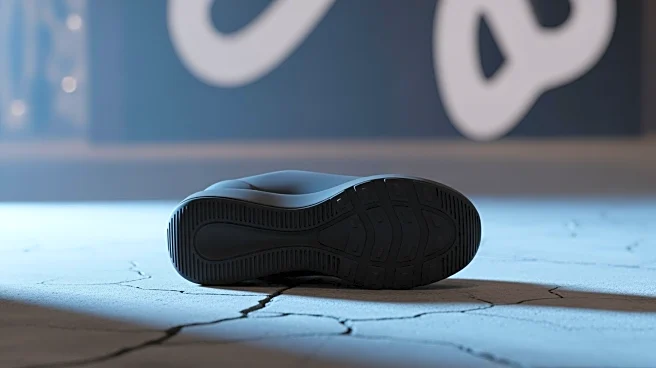Rapid Read • 7 min read
Researchers at the University of Southampton have developed an electronic knee sleeve designed to alleviate pain and improve mobility for individuals suffering from knee osteoarthritis. The device employs transcutaneous electrical nerve stimulation (Tens) technology, with electrodes printed around the knee area, connected to an electronic control unit. This innovative sleeve is currently undergoing a 12-week clinical trial involving participants aged 45 to 75 who have been diagnosed with knee osteoarthritis. Participants are instructed to use the device for up to one hour at a time, five to seven days per week. Early reports from trial participants, including Mike Coyne, a 58-year-old awaiting knee replacement surgery, indicate that the sleeve significantly reduces pain and stiffness, allowing for increased physical activity and improved quality of life.
AD
The development of this knee sleeve represents a significant advancement in non-invasive treatment options for osteoarthritis, a condition affecting millions worldwide. By potentially reducing the need for surgical interventions like knee replacements, the device could alleviate the burden on healthcare systems and improve patient outcomes. The sleeve's ability to enhance mobility and reduce pain could lead to broader applications in physical therapy and rehabilitation, offering a new avenue for managing chronic joint conditions. This innovation may also inspire further research and development in wearable medical technology, potentially benefiting a wide range of patients with similar conditions.
The research team aims to recruit a total of 80 participants for the ongoing clinical trial. If successful, the trial could pave the way for wider adoption of the knee sleeve in clinical settings. Future steps may include larger-scale studies to confirm the device's efficacy and safety, as well as potential commercialization efforts to make the sleeve available to a broader patient population. The positive feedback from current participants suggests a promising future for this technology in the management of osteoarthritis and possibly other musculoskeletal disorders.
AD
More Stories You Might Enjoy











